SEO-driven feature development: a success story
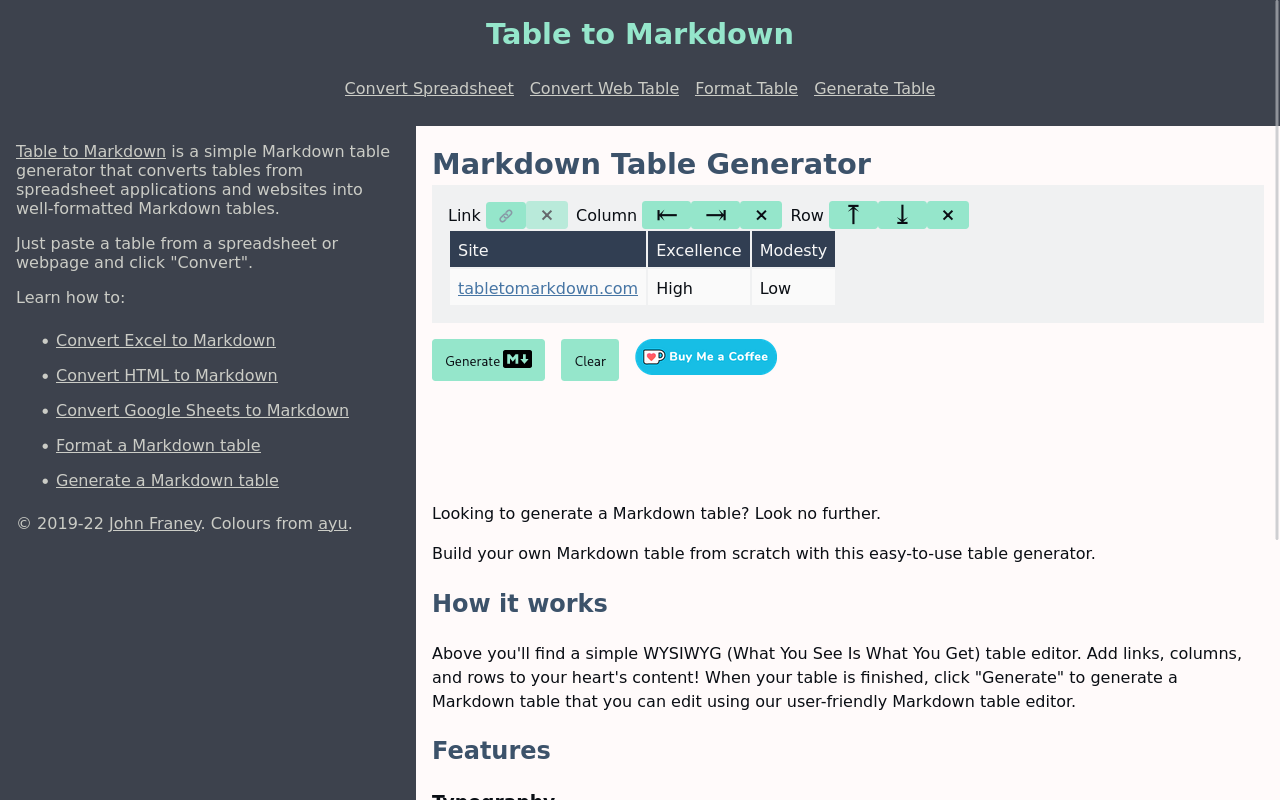
Introduction
SEO is tricky business—or used to be, at least. In the history SEO, there were plenty of tricks people would use to try to improve their sites' Google rankings, like keyword stuffing, the practice of cramming specific words or phrases into site content so it masquerades as a better resource for those search terms than it actually is.
With time, search engines got better at sniffing out sites employing these SEO hacks, which led to more and different SEO tricks to try to game search engines' ranking algorithms. In 2006, Douglas Merrill, who served as Google's Chief Information Officer and VP of Engineering, summarized:
Spam is an arms race.
This post isn't about a shiny new SEO trick. If you're looking to improve your site's search performance, there are reams of online resources on how to improve a site's SEO, and this article doesn't purport to be another.
Many guides assume that your site's content already exists and that you need to tweak either your content or your site's metadata to improve your site's search performance. In other words, changing content to build search performance.
This post takes the opposite approach: using search results to decide what to build.
The problem
Since first launching tabletomarkdown.com, I described it as a table/spreadsheet to Markdown converter: taking one type of table and converting it into another. With time and once the site got a little bit of traffic, I was able to see in Google Search Console that many more people searched for "markdown table generator" than any search terms I expected, like:
- "excel to markdown"
- "spreadsheet to markdown"
- "web table to markdown"
I did pretty well for those search terms, eventually ranking as the 1st or 2nd Google search result. But I still ranked pretty low for "markdown table generator", and the search volume for that term is 2x greater than those other three combined.
After adding the ability to format an existing Markdown table, I jumped up in the search results for Markdown table formatting-relating search terms. But still, the biggest opportunity by far was "markdown table generator".
The experiment
For quite a while, I thought that searchers were using "converter" and "generator" interchangeably, but they are pretty different. For a Markdown table converter to work, you need a table to exist in order to make it into something new. To generate a table, however, you're starting from scratch.
But to generate a table generator, thankfully I didn't have to start from scratch.
Generating a table from scratch
The big trick that makes Table to Markdown possible is that when you copy tables from a website or from a spreadsheet application, the table is stored in your clipboard both as both plain text and HTML.
Because Table to Markdown's code could already convert an HTML table to Markdown, all I needed was an easy way for visitors to build an HTML table. The interactive elements of Table to Markdown are built using Vue.js, and after some poking around, I found developer-friendly, Vue-compatible WYSIWYG ("What You See Is What You Get") HTML editor with a solid table plugin: Tiptap.
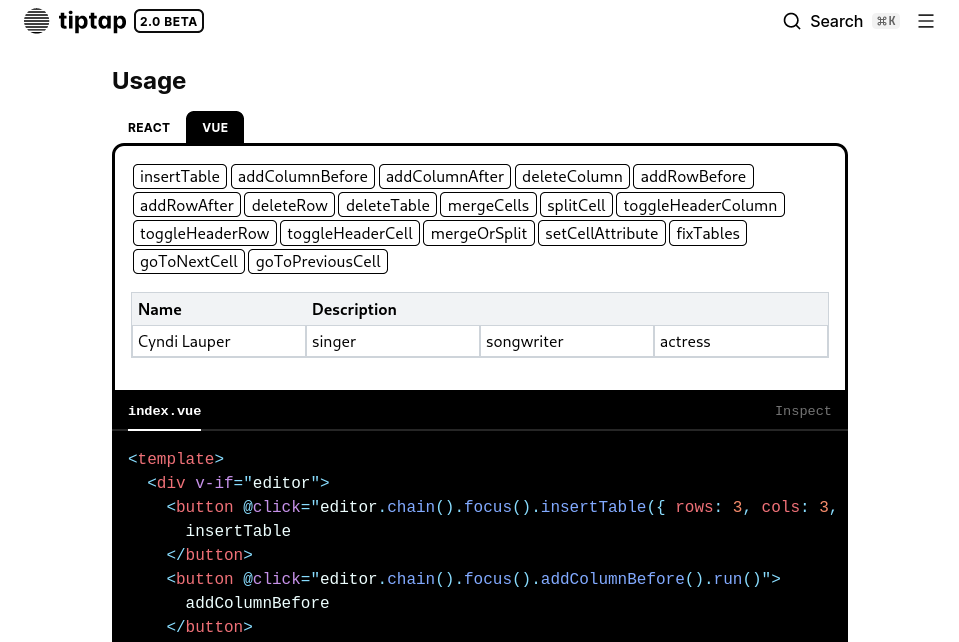
With a table generator in hand, all I had to do was write some content and publish the new page.
The results
The experiment was a success! I launched the new feature on September 19th, 2022, and it didn't take long before I started getting more clicks for "markdown table generator":
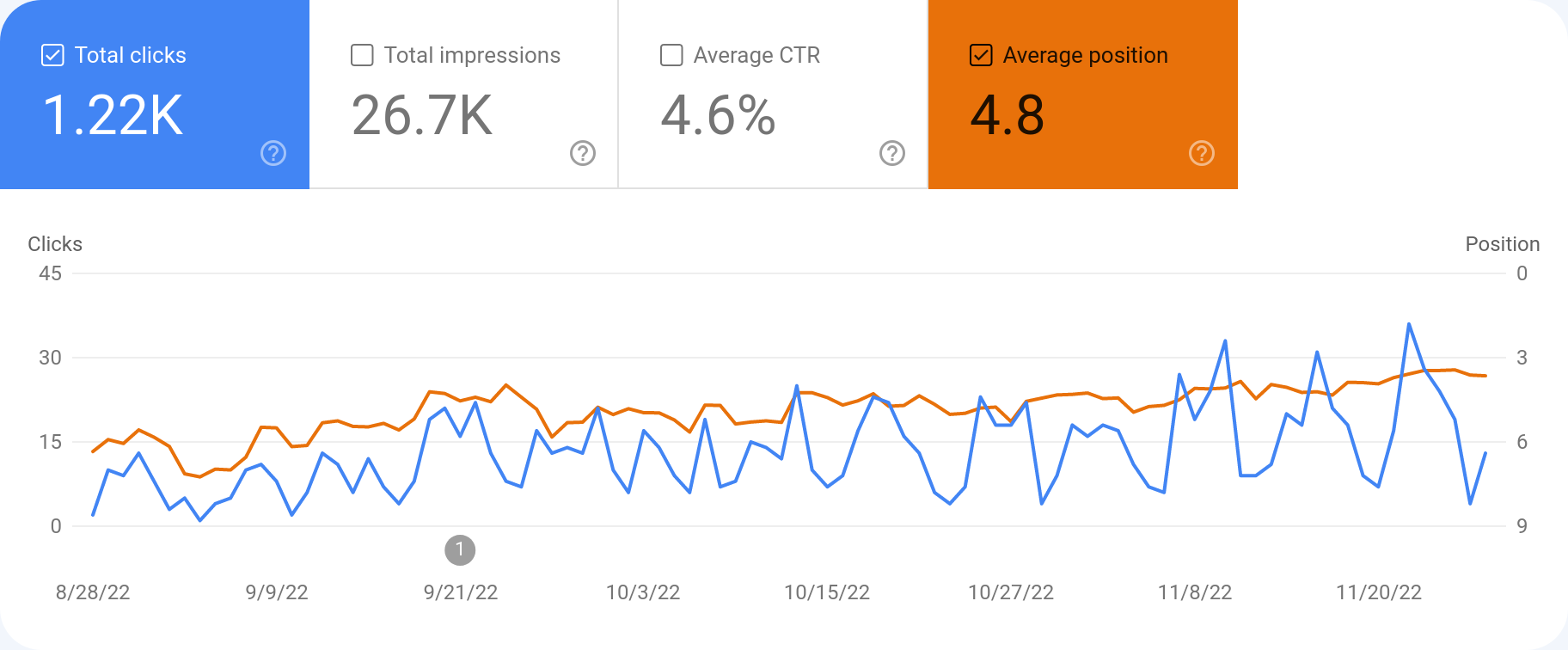
Before September 19th it was rare to get more than 15 clicks/day for that search term, but shortly afterwards, I was getting 15 clicks/day multiple weekdays a week. (Traffic is reliably slower on weekends when people tend to take time off from tampering with tables.)
I was already appearing in plenty of searches for "markdown table generator", but after providing that capability to my visitors, I started to creep up in the rankings—and my click-through rate followed suit:
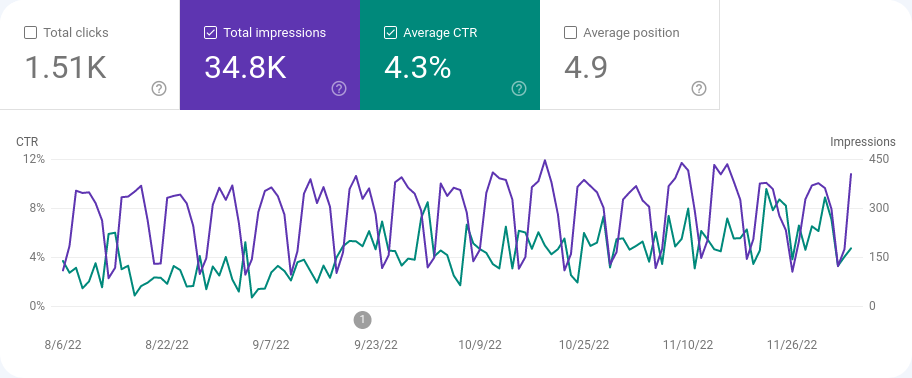
We can see that impressions (purple line) didn't change much, but look at how the Click-Through Rate (CTR; green line) jumps up. It went from under 4% to 6%: an increase of over 50%!
In the month following the launch of the new Markdown table generator (October, 2022), "markdown table generator" became Table to Markdown's fastest growing search query:
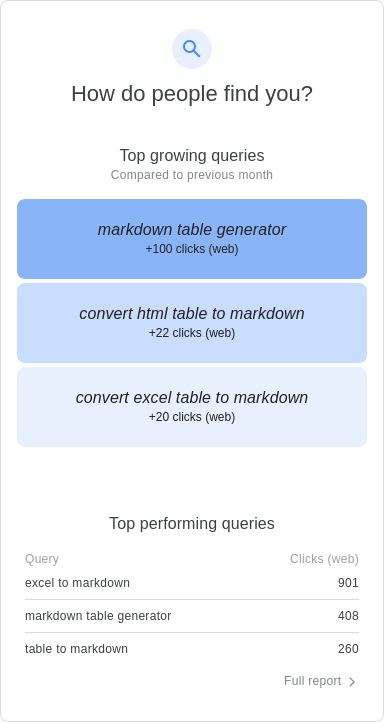
Stats for that query continued to look good through November, too, with October growing by 32% and November growing a further 30%.
| Month | Clicks |
|---|---|
| September | 308 |
| October | 408 |
| November | 534 |
Put those numbers on a graph and they're a growth marketer's dream: up and to the right!

Wrap-up
This post isn't going to win any awards for cutting-edge SEO techniques or feature development strategies. I hope it serves as a reminder to check out search terms that are related to your site but that may not be directly related.
If there's a juicy search term that you're missing out on, with a bit of work, you may not miss out on it for much longer.